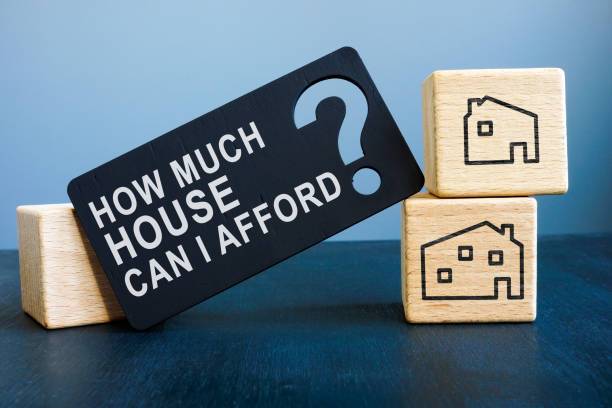How to determine the mortgage I can afford?
How to determine the mortgage I can afford? Real estate purchases financed by mortgages typically represent the single largest investment most people ever make in their lifetimes. What you can afford to borrow is based on a number of factors beyond just what a bank is willing to lend you. You should take stock of your values, as well as your financial situation. Most would-be homeowners can afford a mortgage equal to about two to two and a half of their annual gross income. Knowing what the banks and other lenders are ready to offer is one thing, but knowing how much house you can afford is another. While the TDS and GDS ratios are certainly helpful, they are focused on averages rather than specific individuals or households. If you want to know what you can afford each month without feeling like a pauper, it’s best to make a precise budget. You need to add up all of your monthly expenses, from groceries and cell phones to entertainment and gas. There are a number of other considerations that must be made before settling on a particular piece of real estate. To begin, it’s helpful to have an idea of the lender’s estimate of your financial capability. Second, you need to do some soul-searching to determine the type of house you can acceptably live in. It is also important to know the types of consumption you are willing to forego (or not forego) in exchange for staying in your home. How Do Mortgage Lenders Figure Out How Much to Loan? Every mortgage lender has its own set of affordability guidelines. The following are the most important considerations when determining whether or not you will be approved for a loan. Moreover, what conditions you will be granted. In the end, a mortgage lender will consider the borrower’s income, debt, assets, and obligations. This will determine whether or not they are able to finance the purchase of a property. Lenders are interested in knowing not just how much money an applicant makes. They also want to know how much pressure will be put on that income in the future. Base eligibility for financing is determined by income, down payment, and monthly expenses. The interest rate for financing is determined by credit history and score.
How to determine the mortgage I can afford? Read More »



